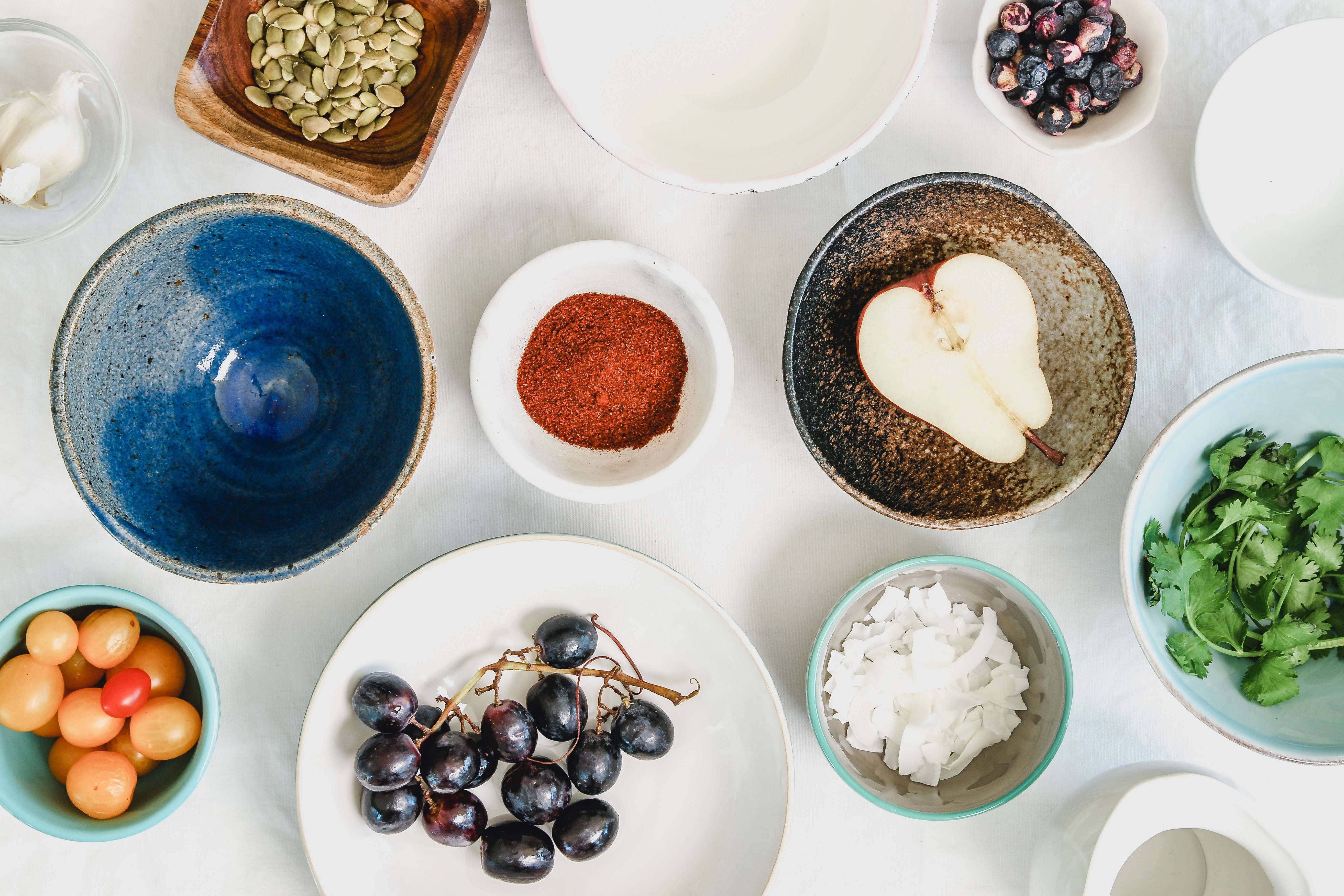Science and Medicine
How bacteria can improve food production
13 December 2018
| Written by La redazione
A research coordinated by the University of Bologna found that food production could improve thanks to bacteria
Improve safety, productivity, quality and sustainability of food production thanks to bacteria. This is the goal of CIRCLES, a new European project coordinated by the University of Bologna, funded under the Horizon 2020 program with 10 million euros. The Bologna University will have the task of leading a vast consortium, made up of 30 partners from 14 European countries.
The context. With the increase in population and the decrease in resources at our disposal, that of food sustainability will be one of the great themes of the near future. For this reason, food production will have to become much more efficient, at the same time reducing the impact on the environment.
In this context micro-organisms, these communities of creatures that populate every area of the planet, could play a fundamental role. “We live in a world populated mainly, in numerical terms, by bacteria - explained Marco Candela, professor of the University of Bologna who coordinates the project - for this reason it is important to learn to know and live with them, so you can also use their skills to improve global health and promote a sustainable economy”.
The research, in which will participate both leading research institutes in the field of microbiology, genetics and environmental sciences and leading companies in the food production sector, has the goal of creating Smart Microbiome Food Products: a new kind of food based of superior quality vegetables, meat and fish, born thanks to the optimization of these microbes. In fact, in-depth studies have shown that the presence of these micro-organisms is fundamental to guarantee the development and health of all living beings. The researchers will prepare specific tools able to modulate and optimize the composition of the micro-organisms, which will be tested on existing food supply chains.
"Microbiomes - Candela explains - represent a probiotic potential for all the main actors in the food production chain, “from farm to fork”: soil, water, feed, plants and animals, final product, environment, waste products, workers and finally, consumers. These Smart Microbiome Food Systems will be the final result that CIRCLES will offer to the Europe of tomorrow. An important challenge - concludes Candela - that will allow us to take a step forward towards a safer and more sustainable food economy”.
La redazione
Last post by La redazione






